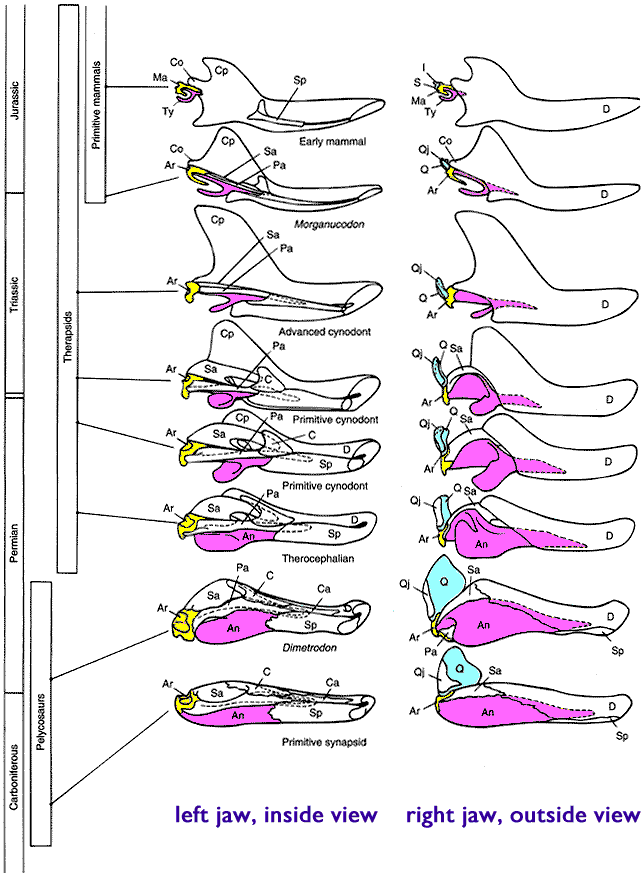jamesrwright3 said:
I do have an actual argument. I am sorry if I have to call people out on their absurd comparisons by trying to say since rock formations are formed it somehow proves that ID is false. I will try not to point out absurdities any longer.
You forget to point out your own.
I merely refute Behe's claims about IC (or at least one of them; considering how often the goal posts switch). I'm not attempting to refute ID. (Yet another example of black-and-white thinking.)
But anyway, as apparently you aren't satisfied with any counter-examples, as we apparently are always comparing "apples and oranges," I will attempt to explain this without using an example.
Basically, I have three flaws I'd like to point out with the argument that IC systems cannot have evolved.
Ah, never mind, I like examples too much.
But think of New York City. New York is dependant on electricity. If you remove electricity, New York will not function correctly. All clear so far? Agree with me on this?
So, does this mean that New York has always been this way, with electricity and what-not ever since New York was created by God?
No. New York
developed a dependancy on electricity after electricity was made. We got rid of most of our kerosene lamps. We got rid of using horses to drive stuff... you know? New York City
developed its current dependancy on electricity.
Basically, IC is the same thing. Behe claims that in a system where the removal of any part results in failure, the system cannot have evolved. My example with New York and electricity also works for biological dependancies. Say, for example, a symbiotic relationship, where two populations depend on the other. Group A performs Function A for Group B, and Group B performs Function B for Group A. This seems like a catch-22 for evolution. However...
A simple scenario in which this dependancy could have evolved:
Group A performs Function A and Function B. Group B performs Function B and Function A. However, Group A performs Function A better than Group B does, and vice versa. So Group B performs Function B for Group A and vice versa. Eventually, Group A doesn't need to perform Function A as Group B already performs it, and vice versa.
Voila, dependancies.
Another thing that creationists forget is the fact that the function of a system can change. I don't remember the paper or the subject very well, but there was quite a bit of buzz about it: it was shown how a certain receptor and its hormone could evolve, or summat like that.
Basically, the receptor needs the hormone to have any function, and the hormone needs the receptor to have any function. Catch-22, can't have evolved, right? No, the paper has shown otherwise. Basically, a similar hormone which was used for something else had a small change, making it useful for the new receptor or summat like that. Sorry for not having details, but this is merely an example for my point: the function of a system can change.
And the last creationist fudge concerning IC is forgetting that parts can change. The argument for IC goes: "If you take any part away, the system doesn't work." But they forget that parts can change, and instead, in the trademark black-and-white style of thinking many famous creationists are known for, assume either a part exists or it doesn't. No change. They forget the: "If you change a part by a slight amount, the system still works." This shoots a huge hole in Behe's claim.
Alright, I tried not to use examples, as apparently you didn't like them. Good enough?




